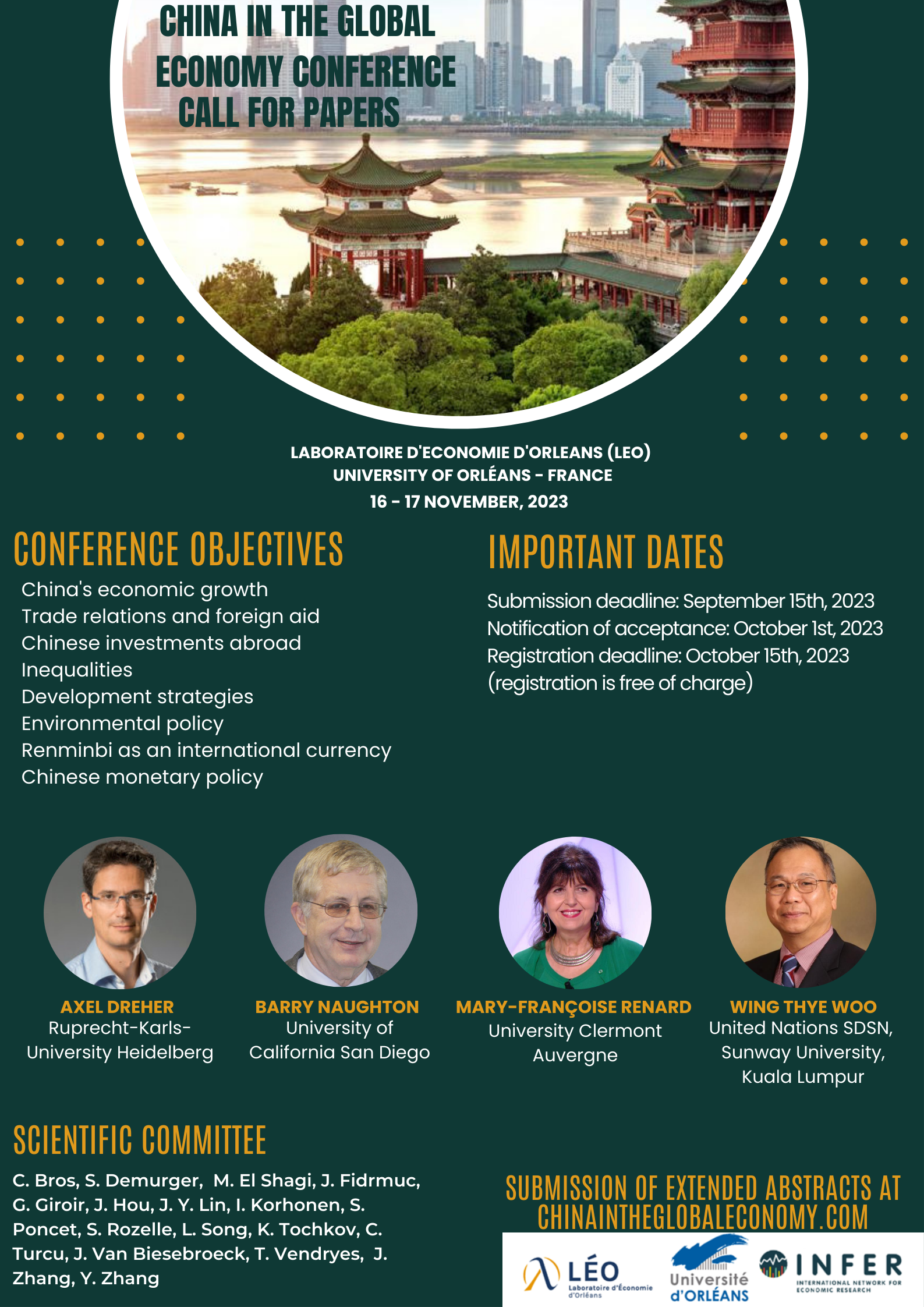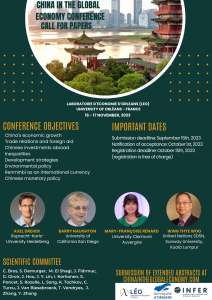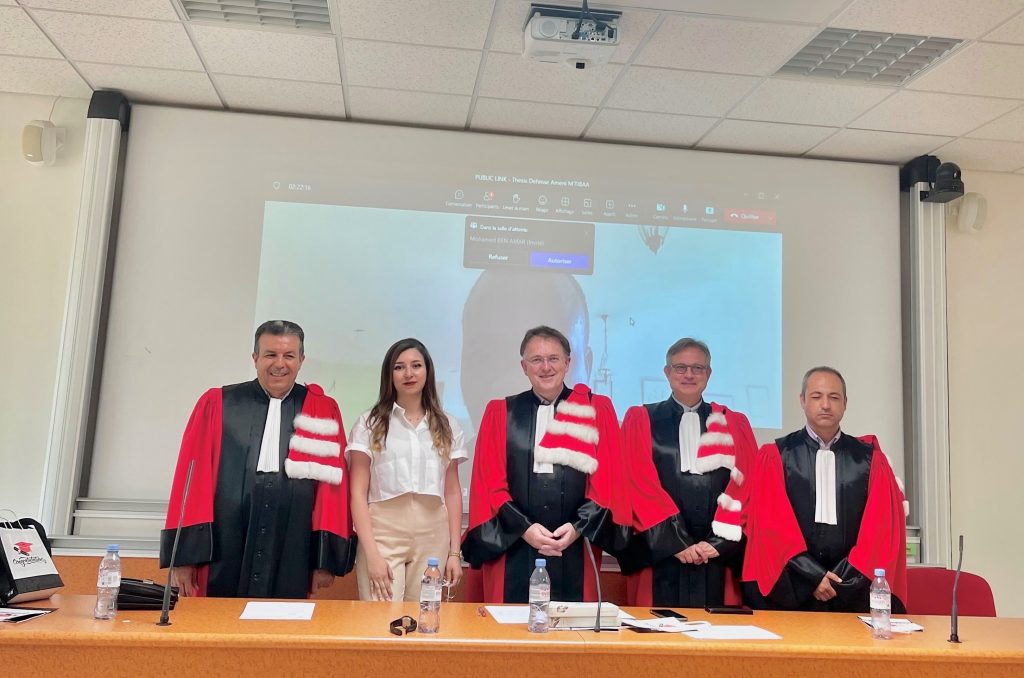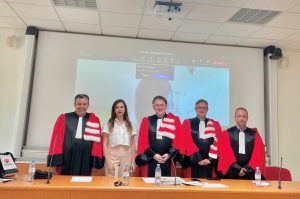Date : Jeudi | 2023-11-30 à 12h30
Lieu : Salle des thèses
Lien TEAMS : Cliquer ici pour rejoindre le séminaire doctorant du LÉO
Lucien AHOUANGBE (LEO, Université d’Orléans)
This study focuses on the microeconomic impact of access to electricity on welfare through the time allocation within a household. We also document the effects on intra-household time and income inequality, labor market participation, and school performance. In our analysis, we distinguish the effect by gender and age group. We develop a simple time allocation model, in which access to electricity is treated as a technology shock leading to a positive shock in the allocation of time to different activities in the household. Empirically, we use the Spatial First Difference method. This method overcomes the problem of estimating causal effects in regressions, especially when important covariates, which could influence the results, are supposed to be correlated with the variable of interest, and are unobservable, which could lead to a significant bias in the estimation of the causal effect. We use 2018 Rwanda Labor Force Survey data, especially rounds of February and August. Our results suggest that electricity has a positive impact on household welfare, and particularly when the head of household is male. At the individual level, well-being at the level of adults, mostly male heads of households, older people (above 35 years), and children, is also improved. However, for adults between 18 and 35 years of age and children between 13 and 17 years of age, the improvement in well-being is not effectively observed. Access to electricity does not explain the poor school performance of children between 14 and 17. Even if access to electricity is not a source of inequality in domestic production or leisure time, it leads to income inequalities between the head of the household and his or her spouse, in part through the inequalities in working time that it can create. Finally, it is associated with a high probability of participation in the labor market for men, but not for women. For children, on the other hand, it is negatively associated with labor force participation.










